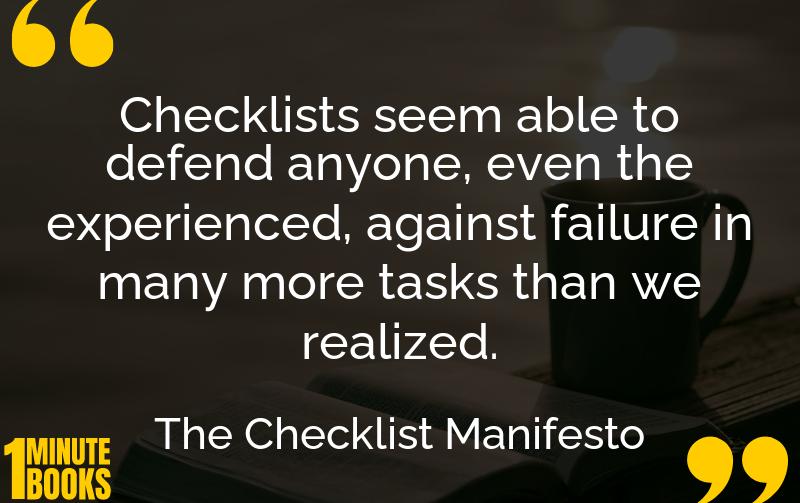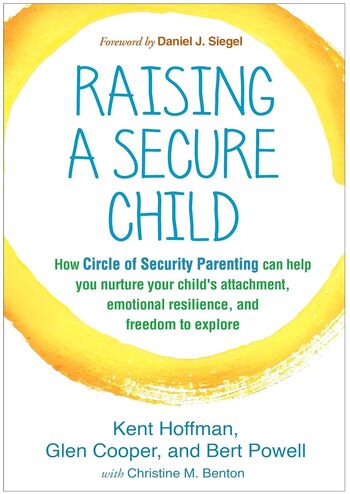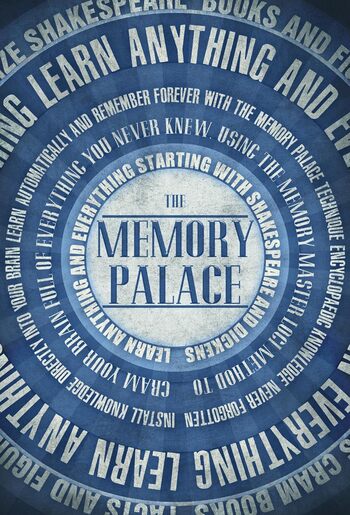
The Checklist Manifesto explores how checklists can profoundly reduce errors in various fields by reinforcing discipline and memory, proving indispensable in complex tasks.
Main Lessons
- Even experienced professionals can make avoidable errors due to flawed memory and attention.
- Checklists provide a cognitive safety net to ensure critical steps are not missed.
- Adopting checklists in high-risk environments like surgery can significantly reduce human errors.
- Successful industries like aviation and construction heavily rely on checklists for their low failure rates.
- Resistance to checklists is common, but results show their effectiveness in enhancing performance.
- Complex tasks require simple solutions like checklists to prevent oversight.
- A checklist’s design is crucial: it should be concise and focus on mission-critical items.
- Checklists act as a supplement to expertise, not a replacement.
- The discipline in using checklists marks the distinction between amateurs and true professionals.
- A checklist must be tested, then updated based on real-world experiences.
- The concept of ‘pause points’ helps integrate checklists seamlessly into workflows.
- Success stories, such as pilots’ reliance during emergencies, underline their life-saving potential.
- Implementing checklists can boost quality assurance and professional credibility.








